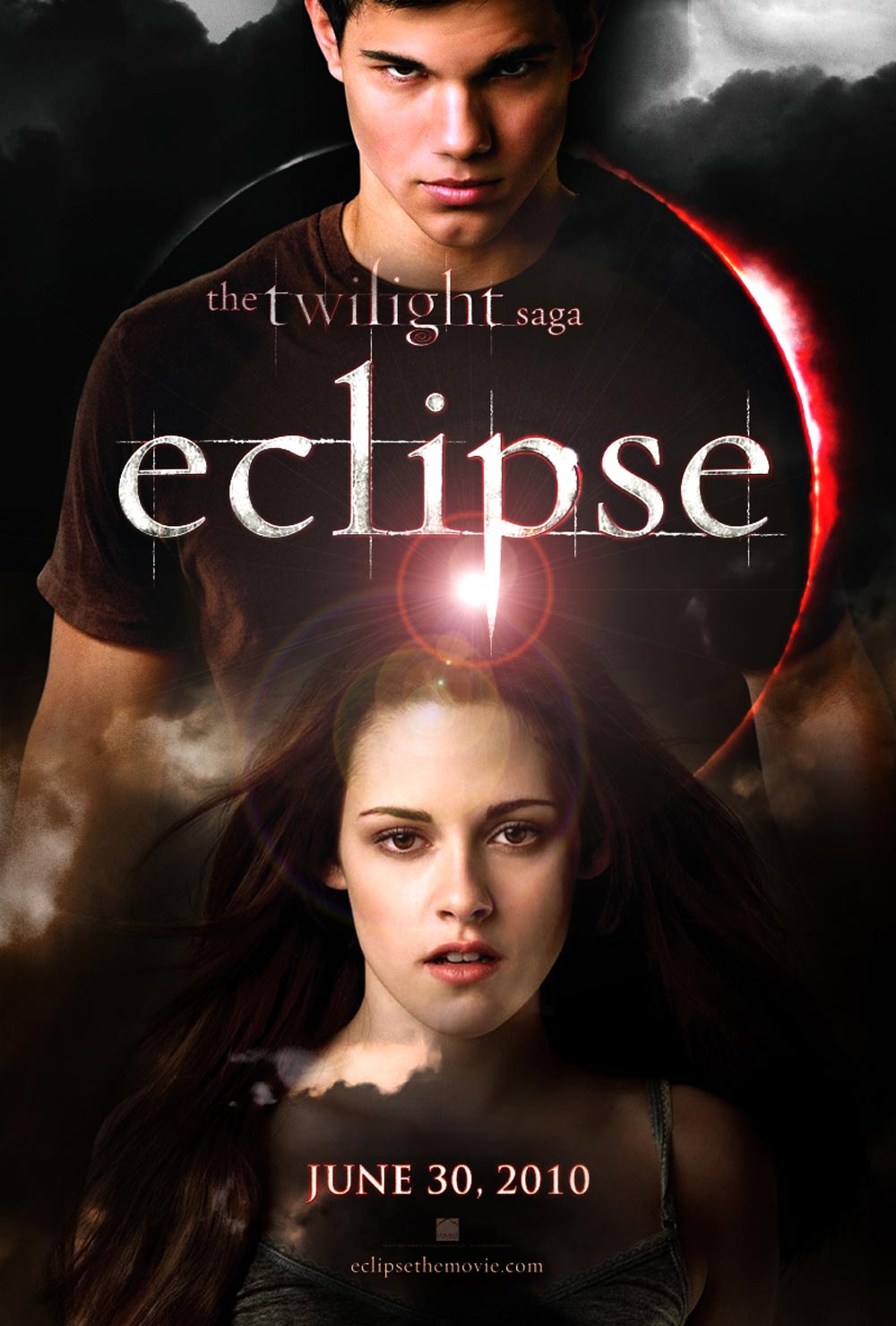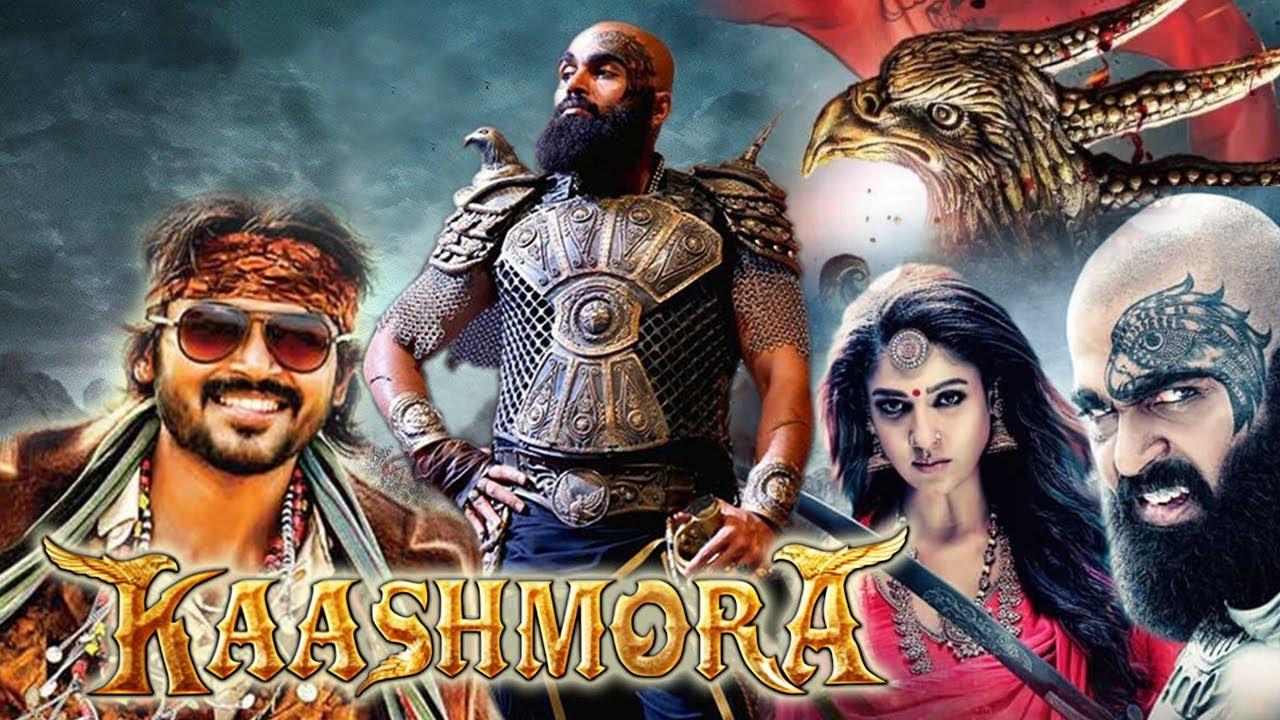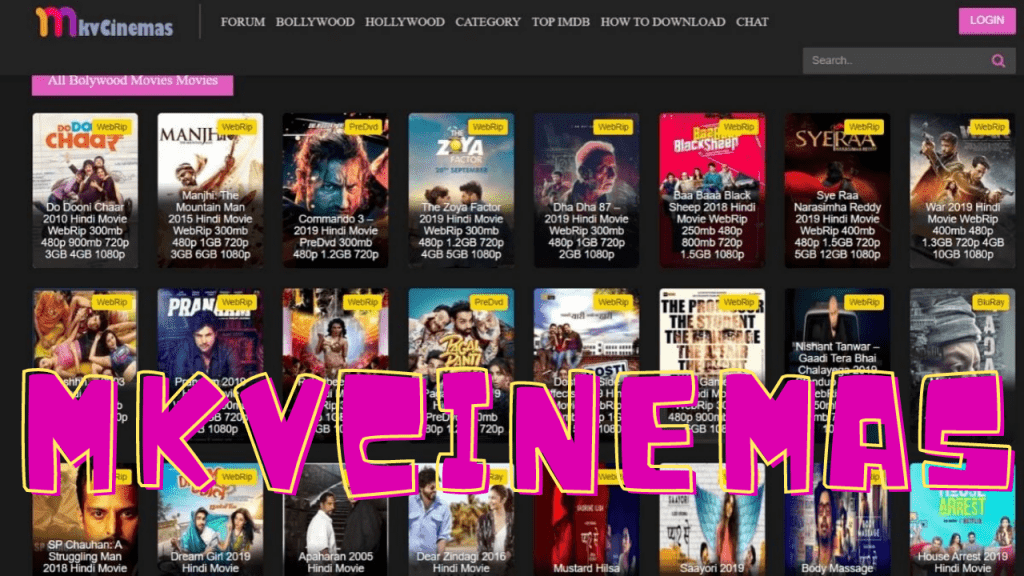Exploring The World Of MKV Movies: A Comprehensive Guide
In the realm of digital media, MKV movies have carved out a niche for themselves as a preferred format for high-quality video. The MKV, or Matroska Video, is an open-source multimedia container that enables users to store multiple video, audio, and subtitle tracks within a single file. This versatility makes MKV movies particularly appealing to movie enthusiasts who appreciate the ability to access various elements in a single, streamlined package. As technology continues to evolve, the popularity of MKV movies only grows, leading many to wonder why this format stands out in a sea of other video file types.
One of the most remarkable features of MKV movies is their ability to support a wide range of codecs and formats, making them compatible with various devices and media players. This adaptability allows users to enjoy their favorite films, documentaries, and shows without worrying about compatibility issues. Furthermore, MKV files are known for their high-quality video and audio, ensuring that viewers experience their content as intended by the creators.
As we delve deeper into the world of MKV movies, we will explore various aspects, including their benefits, how to play them, common issues faced by users, and the best software for converting and editing MKV files. Whether you're a casual viewer or an avid film buff, understanding MKV movies will enhance your viewing experience and provide you with the tools you need to make the most of this dynamic format.
What Are MKV Movies and Why Are They Popular?
MKV movies are gaining traction among viewers for a myriad of reasons. First and foremost, their ability to house multiple audio tracks, subtitles, and chapters all in one file makes them an attractive option for those who appreciate the nuances of international films or want to watch movies with different languages. Additionally, the high-quality video and audio that MKV files can provide are often superior to other formats, making them ideal for home theater systems.
What Are the Key Features of MKV Movies?
- Support for multiple audio and subtitle tracks
- High-quality video and audio standards
- Ability to include chapters and metadata
- Compatibility with various codecs and devices
- Open-source format with wide community support
How Do You Play MKV Movies?
Playing MKV movies is relatively straightforward, provided you have the right software or media player. Most of the popular media players today, such as VLC Media Player, PotPlayer, and KMPlayer, support MKV format natively. Here are some steps to follow:
- Download and install a compatible media player.
- Open the application and navigate to the file menu.
- Select "Open File" and locate your MKV movie.
- Click on the file to start watching.
What Common Issues Do Users Face with MKV Movies?
While MKV movies offer numerous advantages, users may encounter a few challenges when working with this format. Some common issues include:
- Playback problems on certain devices that do not support MKV.
- Audio sync issues when multiple audio tracks are present.
- File corruption leading to playback errors.
How Can You Convert MKV Movies to Other Formats?
If you find yourself needing to convert an MKV movie to a different format, several software options can assist you in this process. Here are some popular tools:
- HandBrake - A free tool that supports a wide range of formats.
- Any Video Converter - User-friendly software with multiple output options.
- Freemake Video Converter - Allows for batch conversions and editing capabilities.
Can You Edit MKV Movies Easily?
Editing MKV movies is possible with various video editing software. However, due to the complexity of the MKV format, not all programs may support editing these files directly. Here are some editing tools that can handle MKV files:
- Adobe Premiere Pro - A professional editing suite with extensive format support.
- DaVinci Resolve - Offers advanced editing tools and is free for basic use.
- Shotcut - An open-source video editor that supports MKV files.
What Are the Advantages of MKV Movies Over Other Formats?
When comparing MKV movies to other formats such as MP4 or AVI, several advantages stand out:
- Higher storage capacity for multiple audio and subtitle tracks.
- Better support for high-definition content.
- Greater flexibility with metadata and file organization.
How to Download MKV Movies Safely?
Downloading MKV movies requires caution to ensure you are accessing legitimate content. Here are some tips for safe downloading:
- Use reputable streaming services that offer MKV downloads.
- Always check for copyright notices to avoid legal issues.
- Utilize trusted torrent sites with positive reviews.
Are MKV Movies Suitable for Streaming?
MKV movies can be streamed, but it depends on your streaming device's compatibility. Many smart TVs and streaming devices have begun to support MKV natively, but check your device specifications before attempting to stream. If your device does not support MKV, you may need to convert the file to a compatible format.
In conclusion, MKV movies represent a versatile and high-quality option for video enthusiasts. With their ability to support multiple audio tracks, subtitles, and superior video quality, it's no wonder they have become a preferred choice for many. As we continue to explore the world of digital media, understanding the ins and outs of MKV movies will undoubtedly enhance your viewing experience.
Article Recommendations


